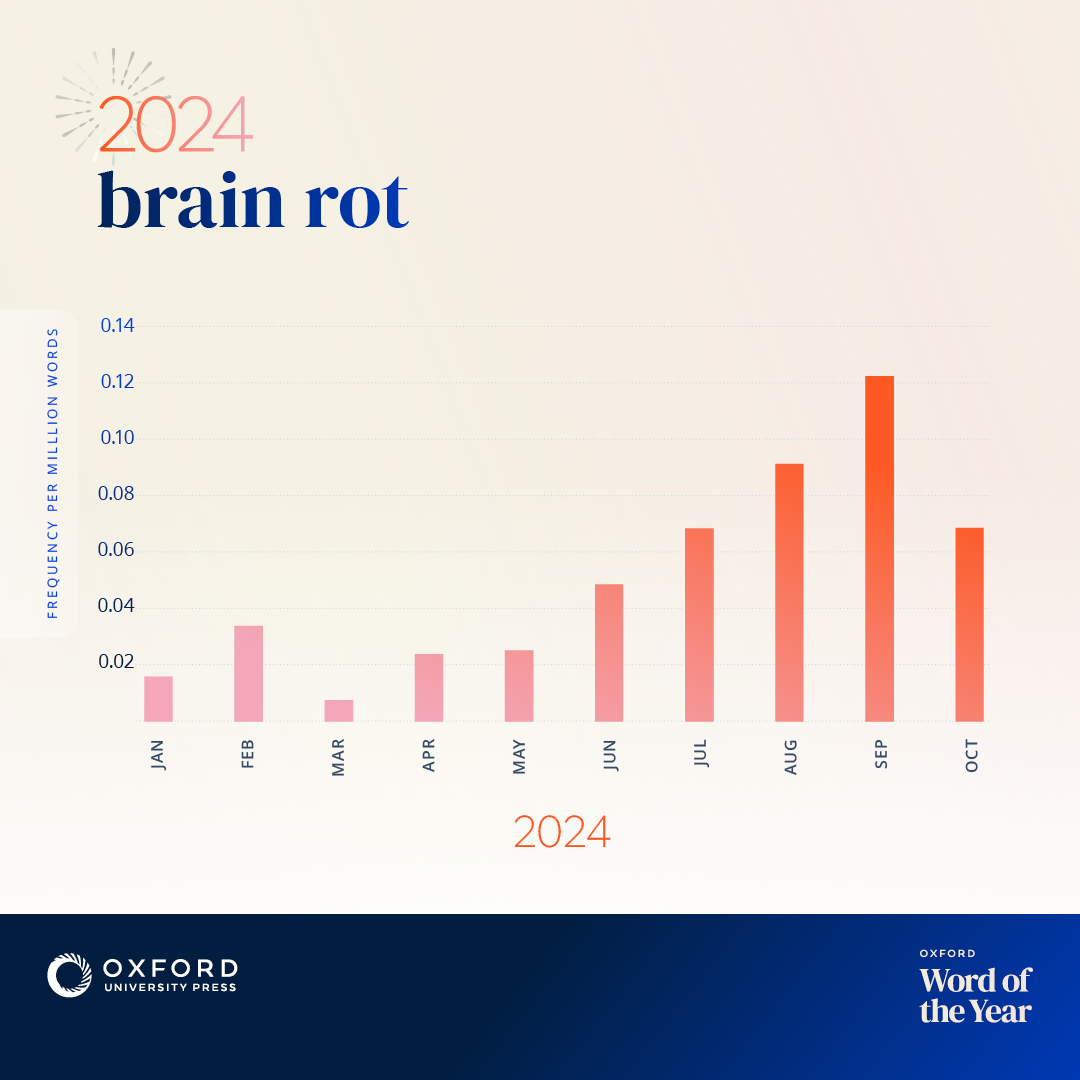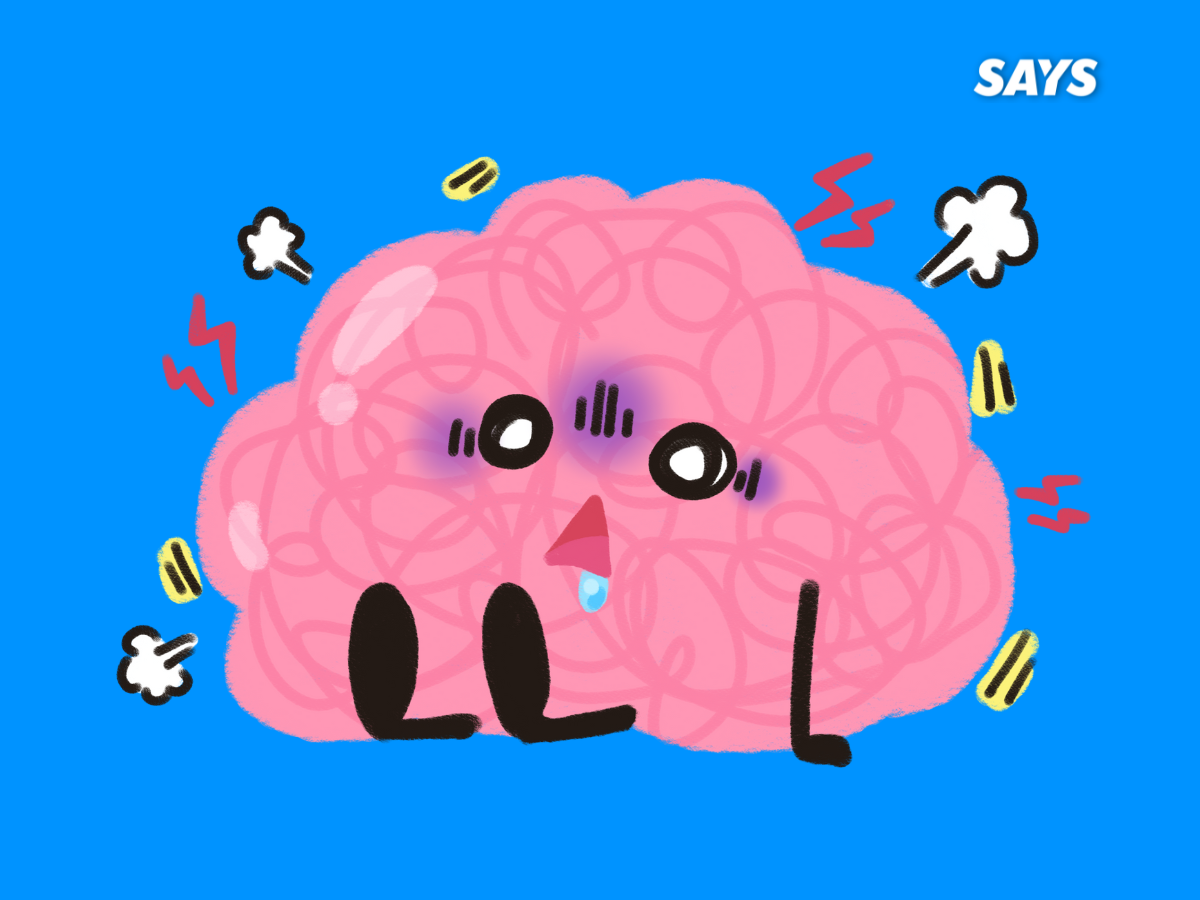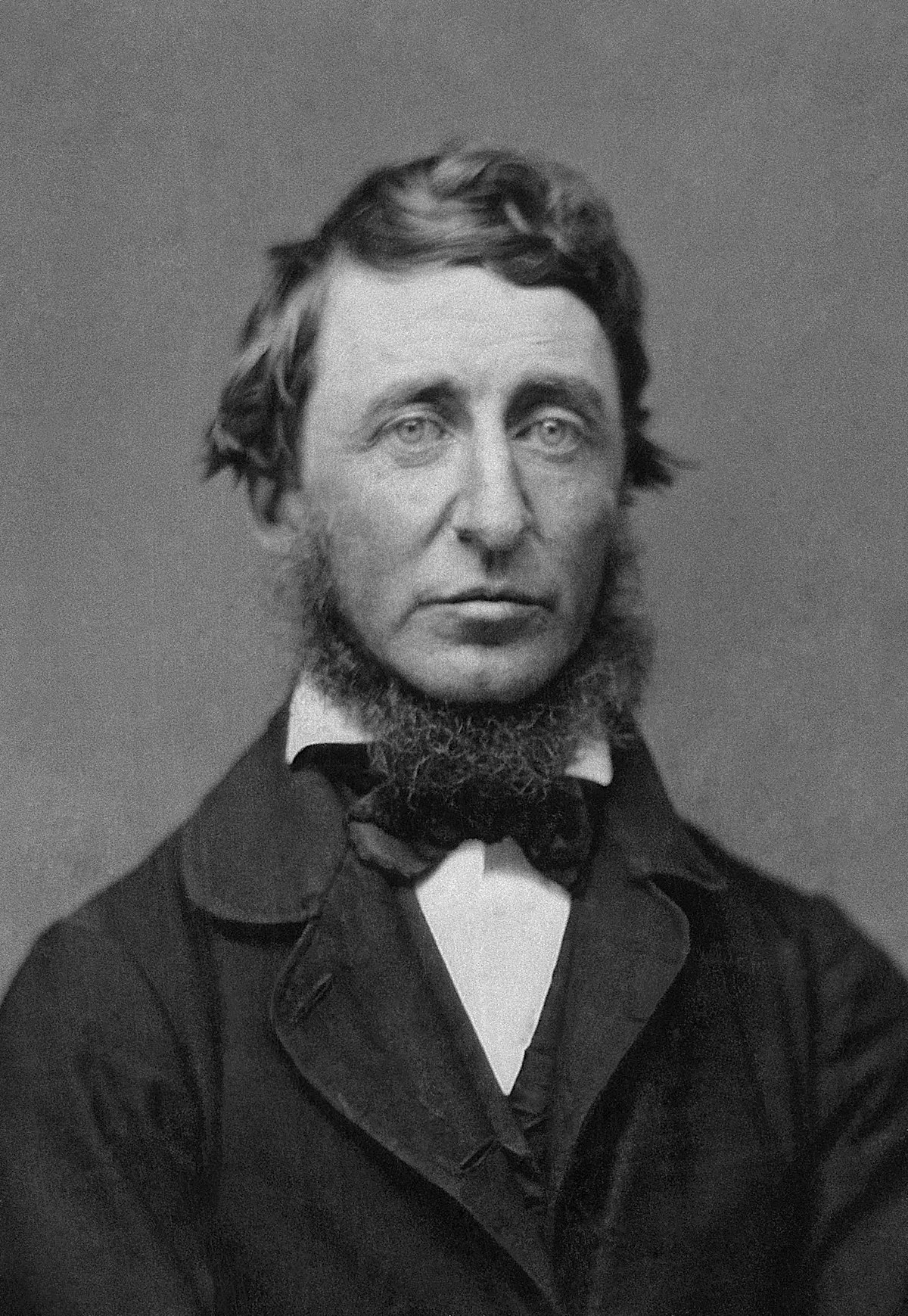'Brain Rot' Is Named Oxford's Word Of The Year 2024. What Does The Term Mean?
It was up against other words like 'demure', 'romantasy', and 'dynamic pricing'.
Oxford Languages has announced its Word of the Year for 2024: Brain rot
Yup, you read that right. Brain rot.
After two weeks of public voting that included over 37,000 voters, the language experts have declared 'brain rot' as the definitive Word of the Year for 2024.
The term has seen a 230% rise in usage over the past year. :O
Last year, the word 'rizz' was crowned the winner. Rizz is a shortened term for 'charisma' and is used as a slang term that means someone's ability to attract a romantic partner through style, charm, or attractiveness.
So, what exactly is brain rot?
The term first became popular among Gen Z and Gen Alpha communities. It has since been used in a mainstream way to describe low-quality, low-value social media content.
According to Oxford, it's "the supposed deterioration of a person's mental or intellectual state, especially due to overconsumption of trivial or unchallenging material — now particularly online content."
Think hours of doomscrolling through memes, viral Reels and TikToks, Skibidi Toilet videos, and more. All of that leads to 'brain rot'.
"There's no evidence that brain rot is a real condition," said Oxford University professor Andrew Przybylski. "Instead, it bundles our anxieties about social media into a term that's equal parts critique and self-deprecating humour."
Interestingly, 'brain rot' is not a new term. The first recorded use of the word was written down in 1854!
In the book Walden, writer and poet Henry David Thoreau wrote, "While England endeavours to cure the potato rot, will not any endeavour to cure the brain-rot — which prevails so much more widely and fatally?"
His usage described society's tendency to devalue complex ideas, which leads to a general decline in mental and intellectual effort.
Henry David Thoreau is attributed as the first person to write down the word 'brain rot' in 1854.
Image via WikipediaFast forward to today, brain rot has found a fresh meaning for the absurd and often nonsensical content dominating our feeds.
"I find it fascinating that the term 'brain rot' has been adopted by Gen Z and Gen Alpha, those communities largely responsible for the use and creation of the digital content the term refers to," noted Casper Grathwohl, president of Oxford Languages.
"These communities have amplified the expression through social media channels, the very place said to cause 'brain rot'. It demonstrates a somewhat cheeky self-awareness in the younger generations about the harmful impact of social media that they've inherited," he added.
Check out the other words that made the shortlist:
Meanwhile, other dictionaries had their own winners
Collins English Dictionary went with 'brat', inspired by Charli XCX's viral album and it's eye-catching green album art.
Not the 'brat' you may be used to, this 'brat' is defined as someone with a confident, independent, and hedonistic attitude.
In the lead up to the US presidential election, Charlie XCX tweeted "Kamala IS brat", which set off a slew of viral memes and news coverage.
People have since started to adopt the brat way of life.
Dictionary.com named 'demure' their word of the year.
The word took off in August after content creator Jools Lebron posted on TikTok about her "demure work outfit" and "mindful make-up".
This spawned the "very demure, very mindful" trend that took off on social media, providing a satirical look at the stereotypical ideas of femininity.
Watch the original video below:
Finally, Cambridge Dictionary chose 'manifest', reflecting the rising interest in visualisation and self-empowerment.


